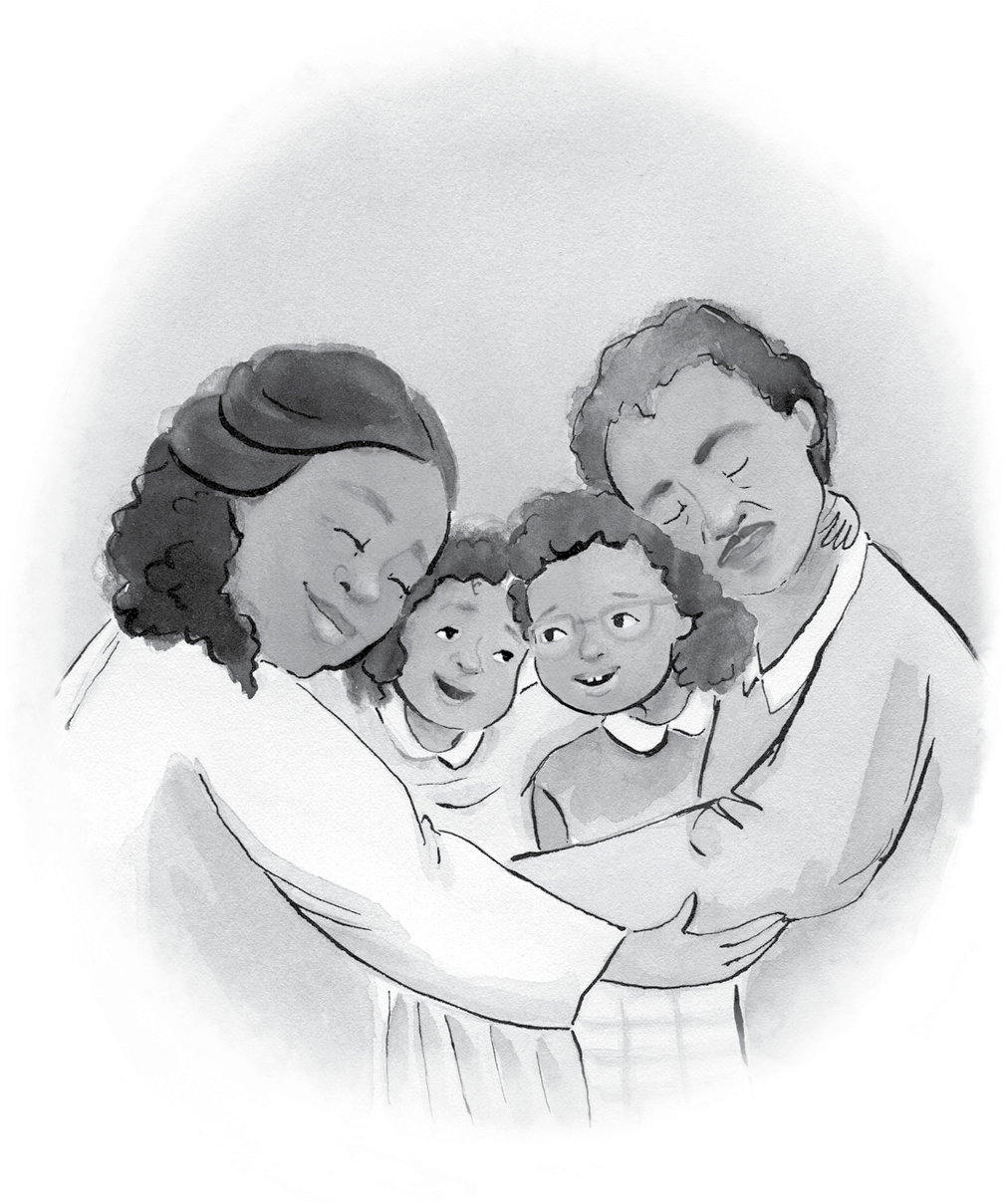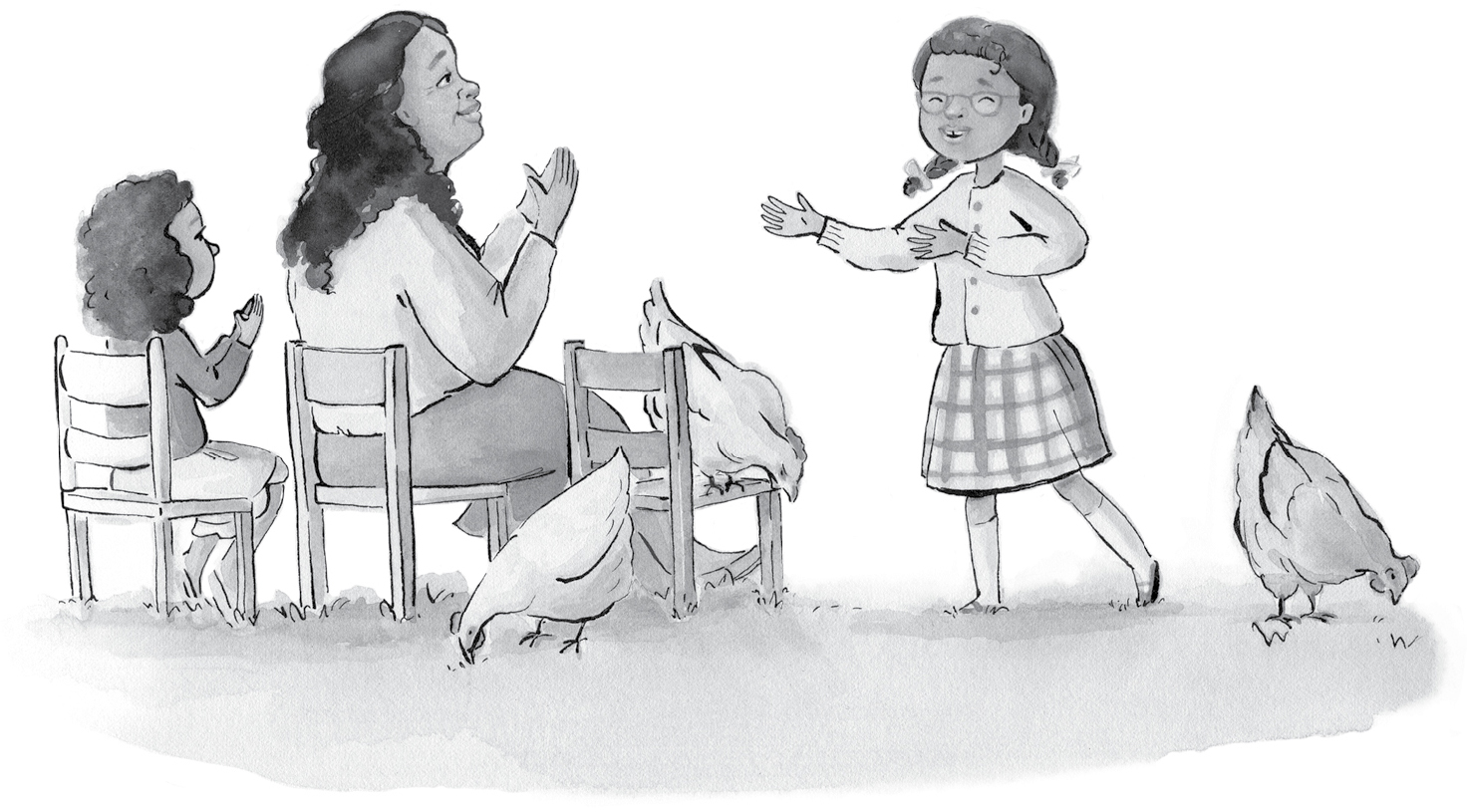PHILOMEL BOOKS
An imprint of Penguin Random House LLC, New York

First published in the United States of America by Philomel,
an imprint of Penguin Random House LLC, 2021.
Text copyright 2021 by Chelsea Clinton.
Illustrations copyright 2021 by Alexandra Boiger.
Penguin supports copyright. Copyright fuels creativity, encourages diverse voices, promotes free speech, and creates a vibrant culture. Thank you for buying an authorized edition of this book and for complying with copyright laws by not reproducing, scanning, or distributing any part of it in any form without permission. You are supporting writers and allowing Penguin to continue to publish books for every reader.
Philomel Books is a registered trademark of Penguin Random House LLC.
Visit us online at penguinrandomhouse.com.
Library of Congress Cataloging-in-Publication Data is available.
HC ISBN 9780593115831
PB ISBN 9780593115848
Ebook ISBN 9780593115855
Edited by Jill Santopolo.
The publisher does not have any control over and does not assume any responsibility for author or third-party websites or their content.
pid_prh_5.6.1_139291231_c0_r0
 For my girls:
For my girls: 
Ava Robinson and Rihanna Perry
Young, bold and brave
Dear Reader,
As Sally Ride and Marian Wright Edelman both powerfully said, You cant be what you cant see. When Sally Ride said that, she meant that it was hard to dream of being an astronaut, like she was, or a doctor or an athlete or anything at all if you didnt see someone like you who already had lived that dream. She especially was talking about seeing women in jobs that historically were held by men.
I wrote the first She Persisted and the books that came after it because I wanted young girlsand children of all gendersto see women who worked hard to live their dreams. And I wanted all of us to see examples of persistence in the face of different challenges to help inspire us in our own lives.
Im so thrilled now to partner with a sisterhood of writers to bring longer, more in-depth versions of these stories of womens persistence and achievement to readers. I hope you enjoy these chapter books as much as I do and find them inspiring and empowering.
And remember: If anyone ever tells you no, if anyone ever says your voice isnt important or your dreams are too big, remember these women. They persisted and so should you.
Warmly,
Chelsea Clinton
TABLE OF CONTENTS
CHAPTER 1
Born Famous
On September 5, 1939, before Claudette Colvin became Claudette Colvin, her family didnt know what they would call her. But once they saw her perfectly high cheekbones, they named her after Claudette Colbert, the famed high-cheekboned actress and well-loved beauty.
One Claudette was Black and one was white. One Claudette was from Birmingham, Alabama, and one lived in Hollywood, California. But only one Claudettes brave stand for civil rights would push her into the spotlight by the time she was fifteen years old. And that Claudette was Claudette Colvin.
One year after Claudette was born, her little sister, Delphine, arrived and they both were sent to live with their aunt Mary and uncle Q.P. Colvin in a small town called Pine Level, Alabama. Q.P. fixed up the bedroom left behind by their grown daughter, Velma, who was away teaching school. Both Mary and Q.P. were happy to have their home filled with little girls again.
Mary and Q.P. raised and loved Claudette and Delphine like daughters and the girls loved them back just the same. Before long they called them Mom and Dad. Together, they made a family.
Claudette was just as tiny as could be when she arrived in Pine Level, but soon she grew as tall as a weed, and skinny as one too.
It was Q.P. who built their home, by himself from the ground up. Small and simple, it looked like many of the other sharecropper homes in Pine Level that sat on land rented from white landowners. Sharecroppers like Mary and Q.P. were farmers who planted and grew their plots in exchange for a small share of the profit from the crops they harvested. Claudettes family didnt have much, but the house had everything Claudette needed. Best of all, there were chickens, cows, pigs, a horse she could ride and a dog named Bell.
Every second Sunday of the month, the Reverend H.H. Johnson traveled from Montgomery to Pine Level to preach the Sunday service on what folks called Big Meeting Sunday. From midday to well after dark, Claudette sat with her parents in the pews through regular service, selections from the choir and the glee club, Reverend Johnsons afternoon sermon, early supper, Reverend Johnsons evening sermon and a late supper. Then everyone headed home in the dark, their bellies filled with good food and their hearts filled with the good word.
Claudette loved church so much that she set up chairs in her backyard, sang hymns, read scripture and shouted out sermons with her best friend Annie Ruth Baines, pretending to be in church even when she wasnt.
Pine Level had just one general store, one church and a one-room white wooden schoolhouse. At Spring Hill School, the classes went from first to sixth grade with only one teacher giving all the lessons in the large room. In the middle was a potbellied stove to keep them warm on the days when the Alabama sun did not.
Seated two to a desk, Claudette and her classmates learned their letters and numbers. But after first grade, when Claudette started reading the Bible and dictionary on her own, the teacher had to move her up to sit with the third graders.
Two things folks in Pine Level knew about little Claudette Colvin: she loved learning and God in equal measure.
CHAPTER 2
Why Arent Black People Treated as Equals?
Why dont the stars fall? When Bell dies, will she go to heaven? Claudette began and ended her day with questions. When her mom and dad didnt have the answers, or were just plain tired of the asking, Claudette turned to friends and neighbors.
Claudette knew that across an ocean and what seemed like a world away, the United States was fighting a war against Germany and a man named Adolf Hitler. At home, Claudette tried to understand a world where Black people were treated like enemies instead of allies. Like strangers instead of neighbors. She wondered why Black people werent allowed to go to the same schools as white people, live in the same neighborhoods or even worship in the same churches when they all prayed to the same god.

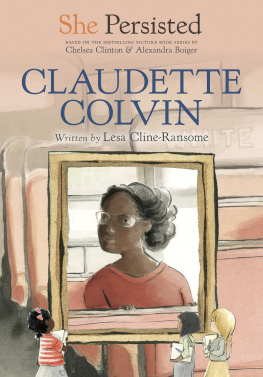
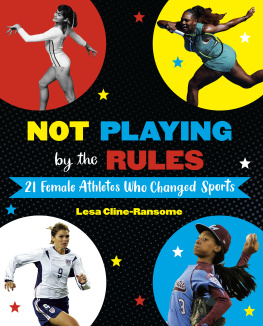

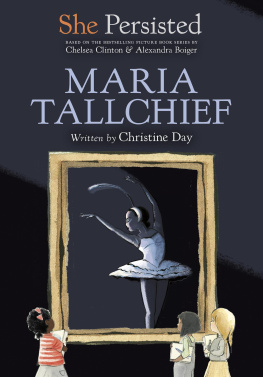
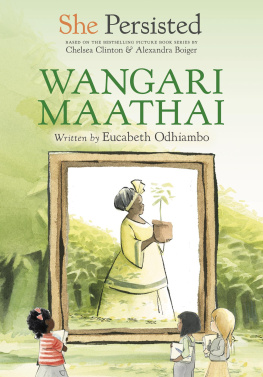
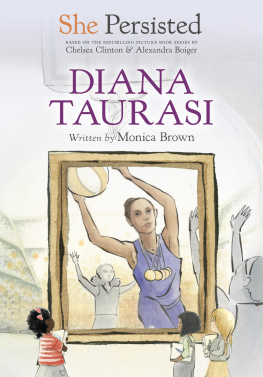
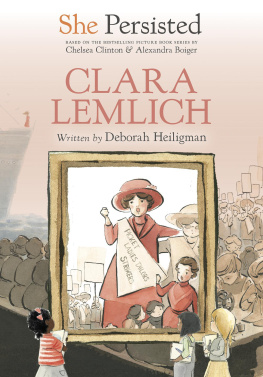
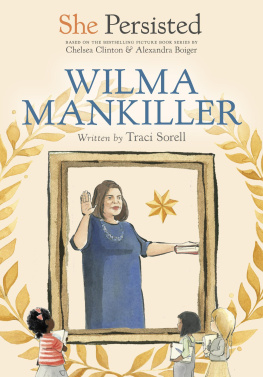
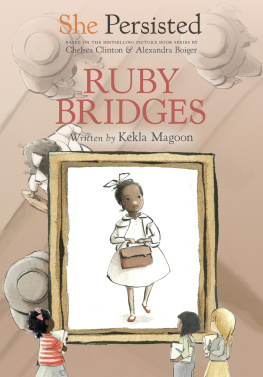

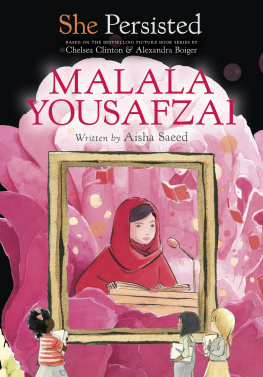
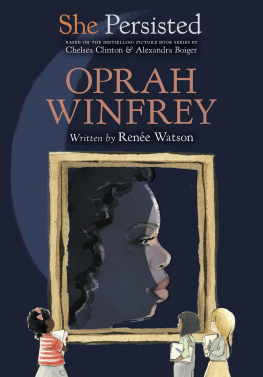
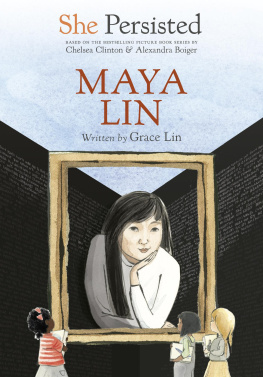
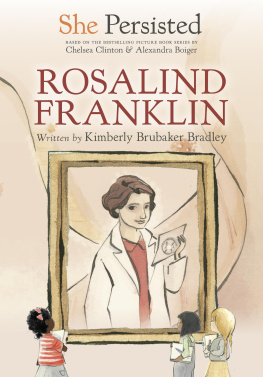
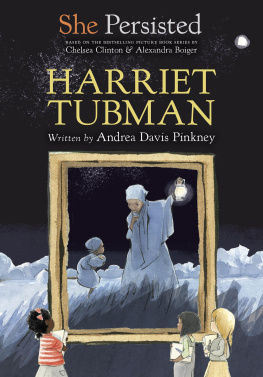
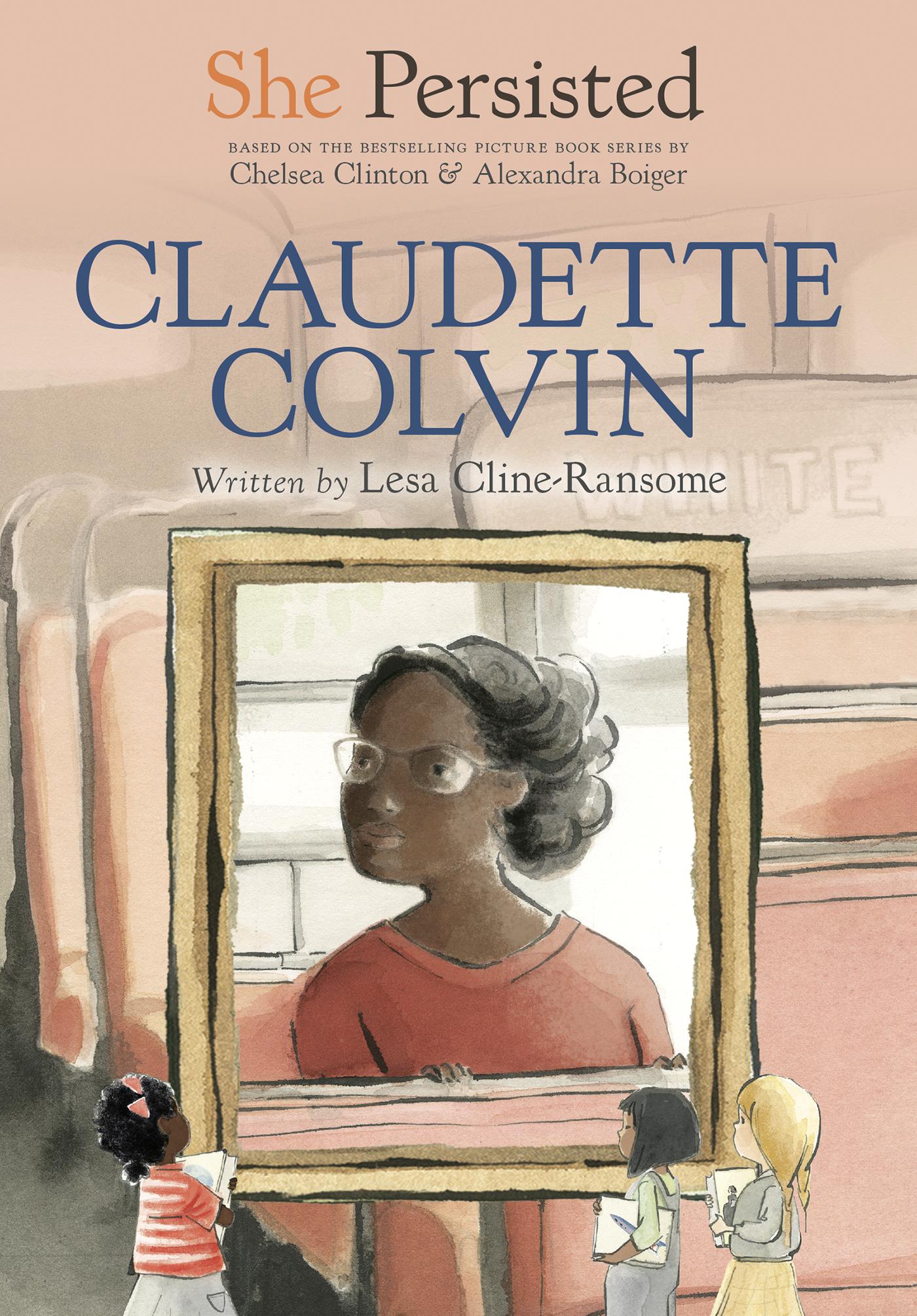
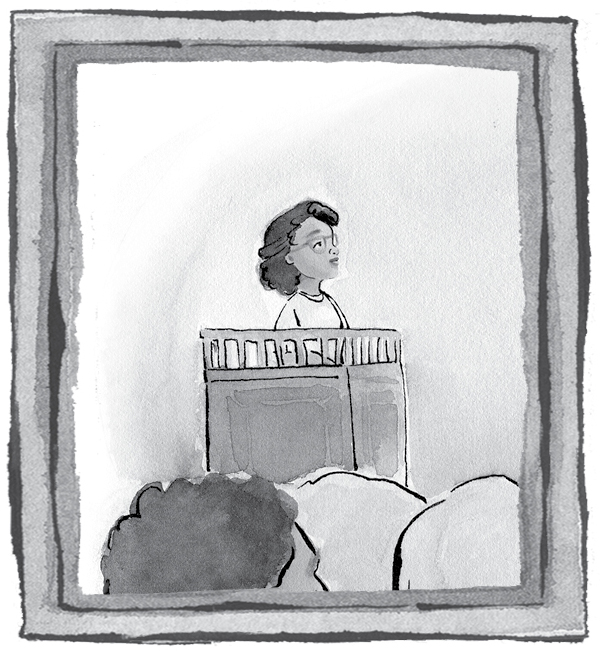
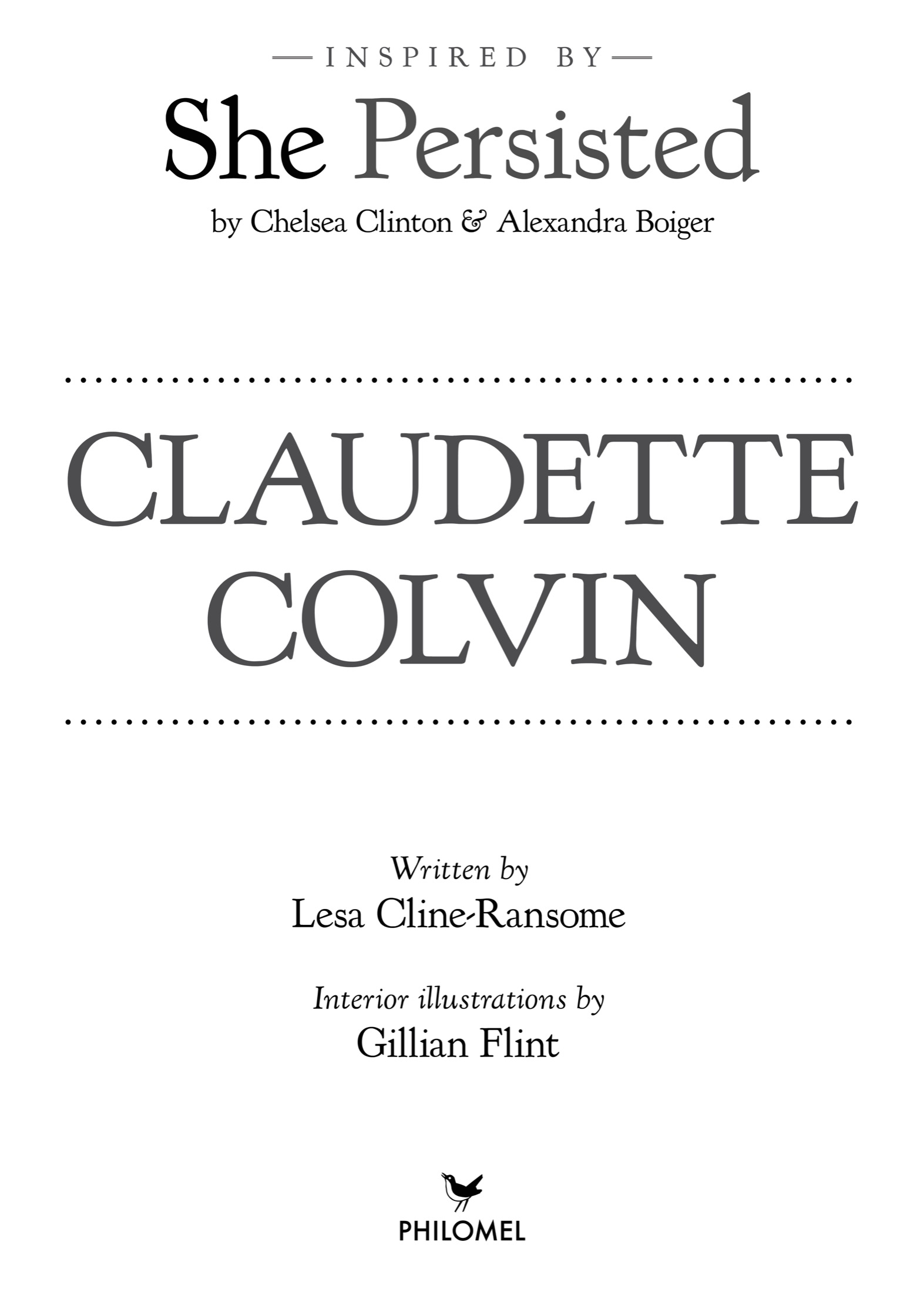

 For my girls:
For my girls: 
